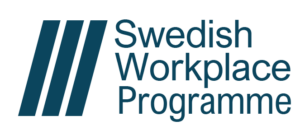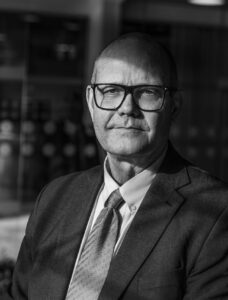6-7 June
Since 2009, NIR is working together with the four largest business organisations in Zimbabwe to support the private sector in becoming a driving force for economic recovery and development in the country. Implemented with the support of the Swedish International Development Agency (SIDA), the programme has developed a National Business Agenda that focuses on addressing policy areas key to Zimbabwe’s economic development. 6-7 June NIR arranged a Conference on Energy Efficiency and Renewable Energy together with local partners. The event gathered around 160 leading company representatives, investors, suppliers, regulators, and government representatives, including Minister of Energy and Power Development Mr Elton Mangoma and Head of Development Cooperation at the Embassy of Sweden, Mr Magnus Carlquist. Energy Efficiency measure may allow Zimbabwe to quickly save up to 300 MWh, about half of the current estimated power shortage. Combined with on-going projects to expand national power generation capacity, this would be a needed injection for the economic recovery in Zimbabwe.




